The Decentralized
Data Network
Streamr is a next-gen communication network, featuring serverless data streaming and media broadcasts that scale automatically.
Explore Streamr use cases
Streamr is a cryptographically secure, open‑source, and decentralized network, capable of streaming any live media or real‑time data at scale.
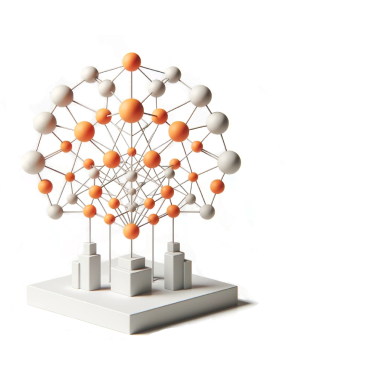
AI
Data delivery to, from & between AI models and AI agents.

Live Video
Stream any media via Streamr's hyperscalable decentralized live CDN.

DePin
Stream verifiable data from any networked DePIN hardware or IoT device.
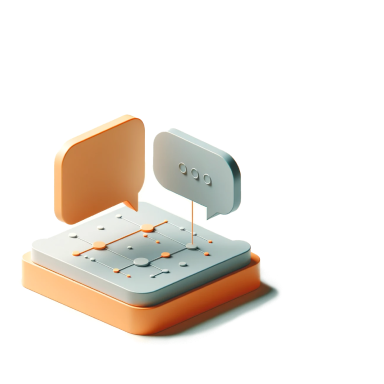
Communications
Message and coordinate securely without servers or middlemen.
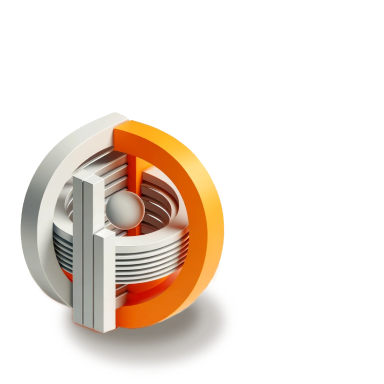
Metaverse
Multicast interactive experiences and dynamic environments at scale.

Data Monetisation
Buy and sell data stream subscriptions.
Start your Streamr journey
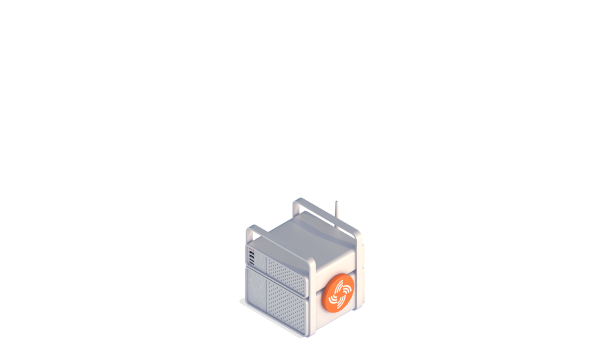


Node runners
Run a Streamr node from your Mac or PC, secure the network and earn yield on staked $DATA tokens. Anyone can do it.

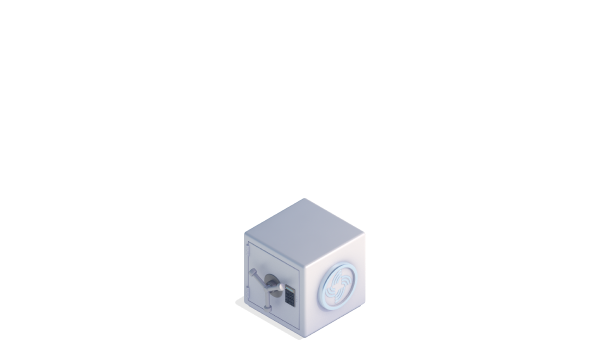

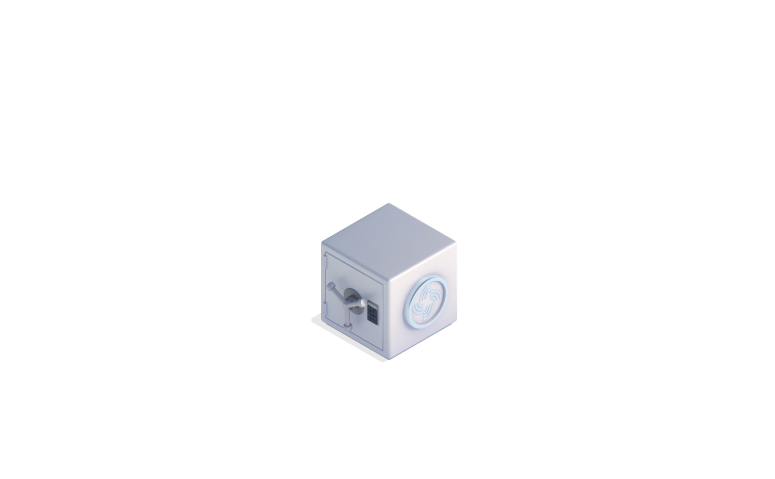
Token holders
The $DATA token is the backbone of the Streamr network. Help drive adoption and liquidity by acquiring the token.

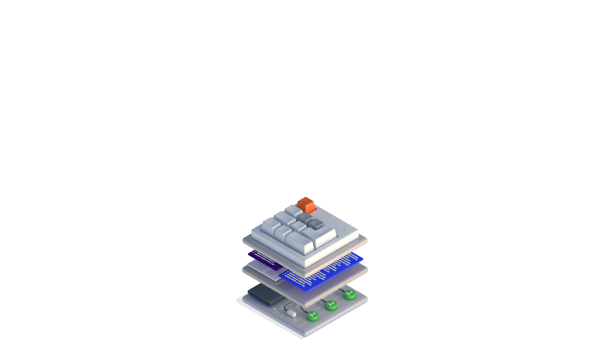

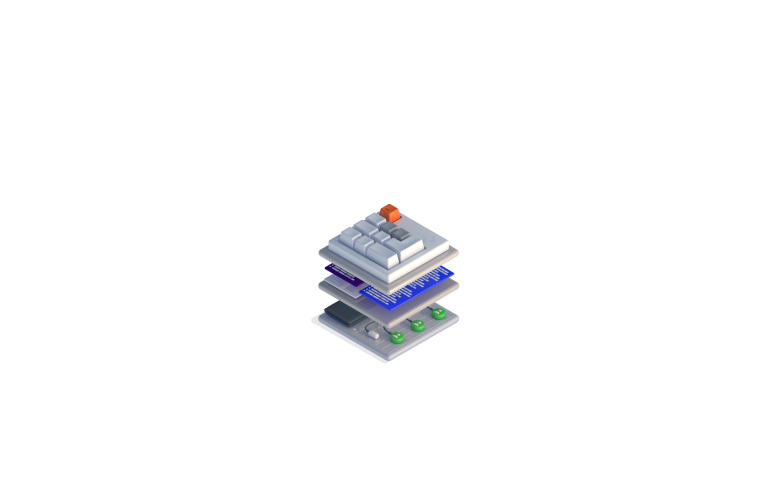
Builders
Build on data streams that support your dApp tech stack, with the Streamr SDK.
Watch our video
The Streamr Network provides a bulletproof pub-sub data transport
layer that allows you to connect your data to the rest of the world.
Watch for a quick overview of how it works.

Stay informed
Sign up for news updates
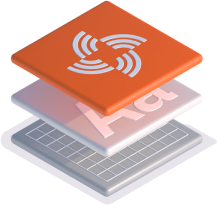
- 19:20

Streamr Network
Web3 Core Infrastructure at ETHDenver
576 views • A year ago
- 20:18

Streamr Network
Building on Streamr: DIMO with Andy & Yev
12K views • 2 years ago
- 7:01

Streamr Network
The Streamr Network Explained Part One: Pub/Sub
6.4K views • 2 years ago
- 1:06:50

Streamr Network
Streamr Governance AMA Q4/2022
7.6K views • A year ago
- 16:19

Streamr Network
RedStone interview — next generation oracles
484 views • A year ago
Frequently Asked Questions

Streamr provides the real-time data infrastructure of the decentralised web (Web3). Streamr technology is a core service layer which implements a vendor-neutral, real-time publish/subscribe protocol for data transmission. The data travels via a global peer-to-peer network, which is scalable, robust and permissionless.
The technology works in tandem with companion blockchains - currently Ethereum, Gnosis, and Polygon - which are used for identity, security, and payments.
As our connected world creates and consumes more and more data, it has not been possible to connect the billions of devices worldwide with real-time data via a decentralised network. Meanwhile, today's existing centralised services are subject to a single point of failure and vendor lock in.
Streamr solves these problems by delivering a low latency and secure decentralised broadcast messaging protocol - via a peer to peer (P2P) network architecture. Thanks to this P2P architecture - the network is fault tolerant, resilient to malicious attacks and scales in line with the growth of the network - for scalable many to many real time data pipelines.
The Streamr project was started in 2017 by Henri Pihkala, Nikke Nylund, Risto Karjalainen and Michael Malka.
Streamr is a distributed open-source software project with around 30 key contributors around the world, including both companies and individuals.
Key decisions in the project are made via governance voting using DATA tokens.
We publish updates about Streamr, the ecosystem, node running, and other happenings from the project on the Streamr blog, Twitter, LinkedIn, YouTube, Telegram (announcements only), and Discord community.
You can also sign up for our newsletter to receive important updates directly in your inbox.
Streamr 1.0isHere
The complete DATA tokenomics have now been released with "Streamr 1.0" - the final milestone in the Streamr Roadmap. Streamr node operators secure and relay data on streams associated to Sponsorships. Delegators delegate to Operators and earn a revenue share of the Operator's work in return.
